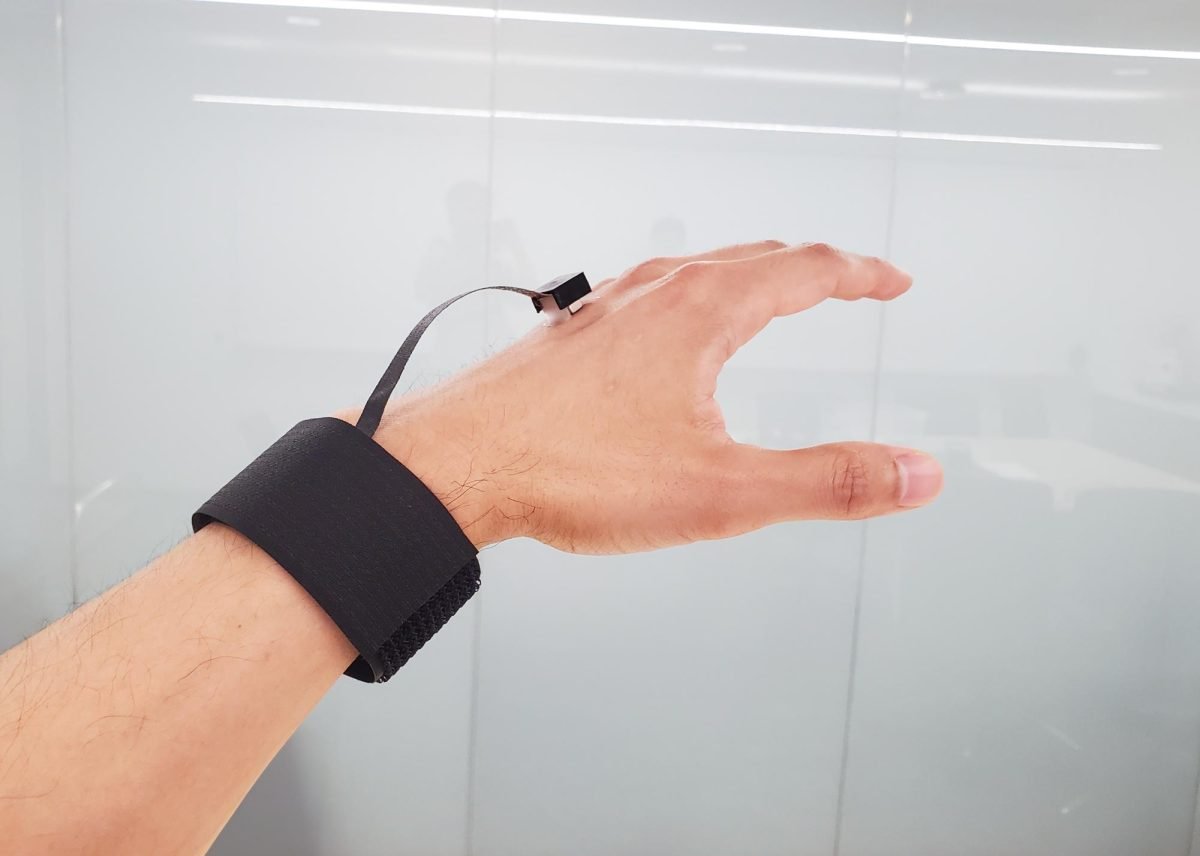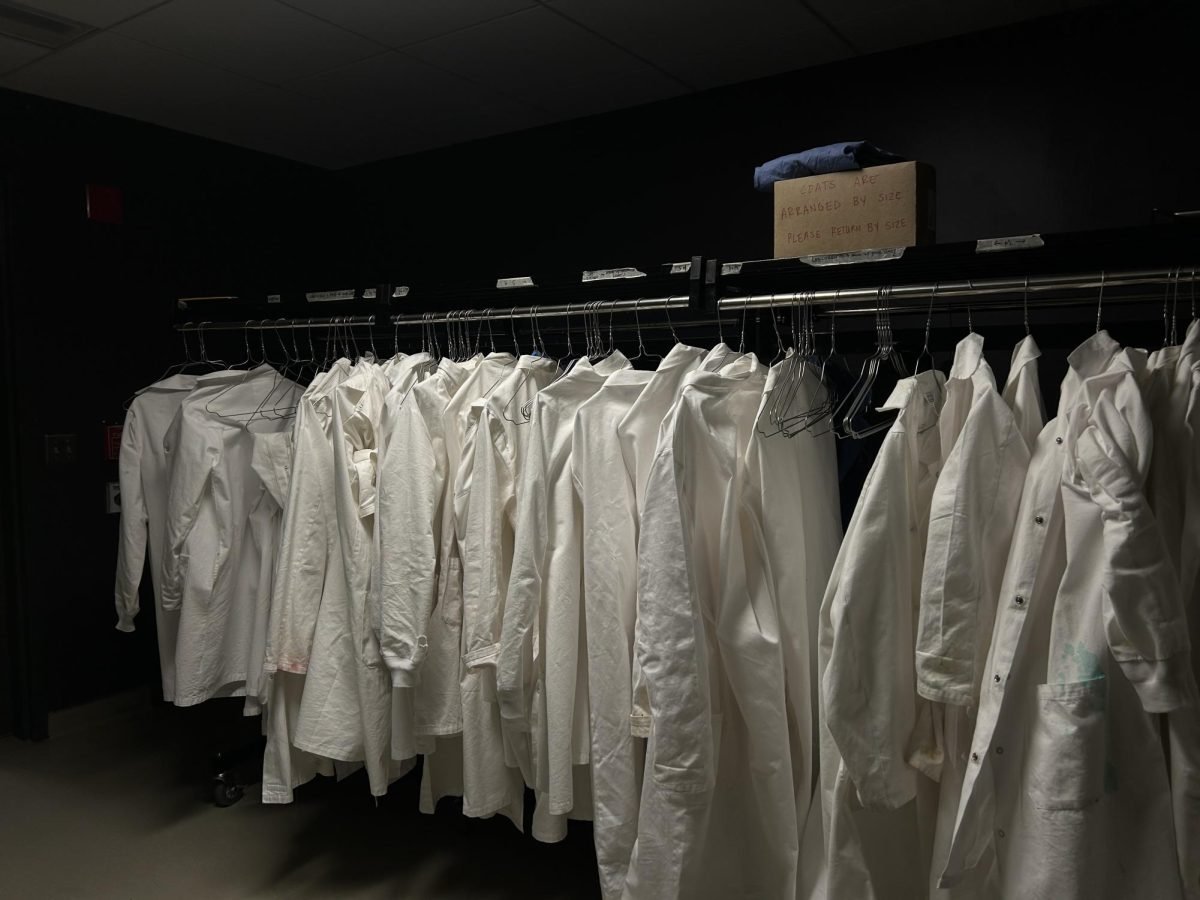In the fall of 2010, three University of Pennsylvania sophomores started experimenting with prototypes for a new virtual course management system. Just a year later they launched Coursekit, an alternative to Blackboard Learn, which is now being used by thousands of students and professors worldwide. Coursekit CEO and co-founder Joseph Cohen said the system has the potential to pop up at Northwestern.
Cohen said he and his friends set out to create an easy-to-use, visually appealing management system that could be implemented for individual courses rather than on an institutional level. The system received so much funding from donors and positive feedback from users that the trio decided to leave Penn and move to a headquarters in New York, where they now spend full days working on the start-up with a six-person staff, Cohen said.
“We’re trying to do something extraordinary,” said Cohen. “Some people think we’re crazy because we’re not going to institutions. We go to the instructors and students because we believe in good software. You don’t get good software if the people choosing it aren’t actually the ones who use it.”
NU has been working with Blackboard Learn products since 1998, said Wendy Woodward, spokesperson for NUIT. She said the system will get an upgrade this coming summer, which might include some new features to improve user experience. NUIT is constantly gathering input to evaluate options for course management, particularly through the University Provost’s Classroom Committee and the Information Technology Student Advisory Committee, Woodward said.
While there are no current plans to discard the Blackboard system, Woodward said NUIT may be open to other alternatives in the future.
“Blackboard is providing a well-integrated tool set, but that’s not to say it’s the final answer for the University,” Woodward said. “We’ll continue to monitor the space and explore the opportunities as they present themselves.”
Blackboard currently serves more than 1,700 universities globally, according to an October press release from Blackboard’s archives. But some students say that a newer, more user-friendly site might be in order.
“I think Blackboard works better than we give it credit for,” said Weinberg senior Max Brawer. “But if young entrepreneurs were to start making alternatives to Blackboard, they would undoubtedly be better.”
Scott Neaves, a McCormick sophomore, is one of two campus founders hired by Coursekit to advertise the site on campus and talk to professors about adopting it. Coursekit is not an institutional program; it is designed to be adopted by individual professors and used for a specific course.
Earlier this quarter, Neaves posted flyers for Coursekit’s promo “Erase Blackboard,” a website that displayed complaints from Blackboard users and streamed Blackboard-related tweets, many of which were negative in sentiment, Neaves said.
“A lot of people really don’t like Blackboard, so the idea was to get some publicity for Coursekit using all that negative energy,” Neaves said. “It’s kind of clunky. There needs to be a replacement. It’s time for a new service.”
One of Coursekit’s goals is to incorporate social media into the course management system, Cohen said. Coursekit includes many collaborative features like chat rooms, blog posts and forums where all members can post relevant materials.
“We saw what was going on with Facebook and other social networking sites and we thought we could bring those concepts to the class setting,” Cohen said. “Because if you think about a class, it’s just a group of people getting to know each other and exchanging ideas, like social networking.”
The site ran as a pilot program in fall of 2011 for 80 courses in 30 different schools. After reported success, the creators launched the site Nov. 29, Cohen said. Neal Menschel, an instructor at Stanford University’s Continuing Studies Program, used Coursekit for his environmental portraits class last fall and said it was simple and straightforward.
“The reality is I’m not really a social media person,” Menschel said. “I find Coursekit much easier to use than Facebook. When you post a link or a file, you know exactly who’s going to see it, where it goes. It feels like a real direct connection with my students.”
For now, NU will remain with Blackboard, which biology lecturer Teresa Horton said may lack visual appeal but is the best solution for now because it’s available, University-supported and familiar to students and faculty.
“I use it in a very workman-like way, to transfer information to students,” she said. “It’s the easiest thing for me to do. I’m not going to go build a car; I’m going to put the key in the ignition and go with it.”







